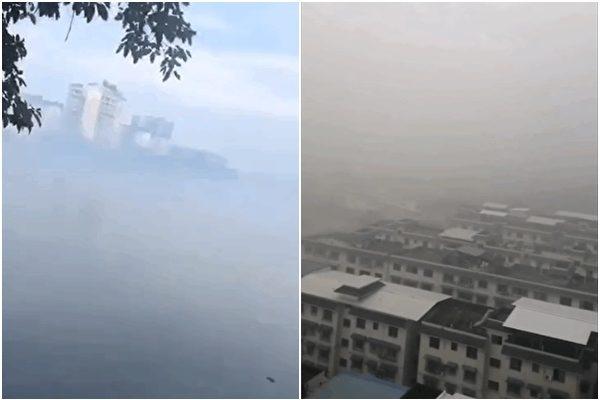The former paramount leader of China, Jiang Zemin, is notorious both in and out of office for coveting media attention. Recently, he took a jaunt through a mountain range in southern China with his son and grandson in tow—basic fodder for Chinese political reports, and, as these appearances often are, laced with political meaning: “Hello—I’m still around,” the appearance seemed to say.
Except it didn’t say that at all, because all references to the reports were quickly purged from the Internet. A search of Baidu, China’s largest search engine, for the terms “Jiang family climbs Hainan’s Dongshan ridge“ shows reports from the usual major Chinese web portals: Sina, Phoenix, Hexun, Sohu, and more. But attempts to visit the sites show deleted pages.
In China, where the appearances of former leaders in the press are a political negotiation, the fact that the reports vanished speaks volumes—an indication that Jiang, who wielded enormous influence over Chinese politics for years after his formal withdrawal in 2004, is being further politically marginalized by Xi Jinping, the current leader.
“Jiang’s appearance… is an attempt to flaunt his status and show that he still has political influence,” said Xia Xiaoqiang, a political commentator, in an interview. “It’s a challenge to Xi Jinping.”




